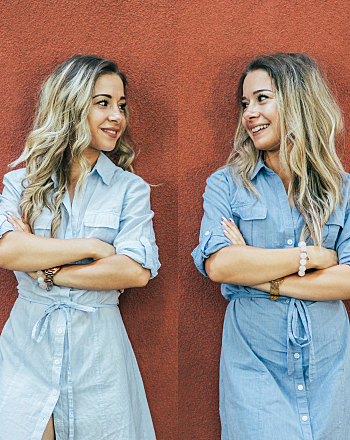NeuRA research shows targeted interventions can reduce fall rates by up to 50%
The risk of falls and fractures for older Australians remains too high, as highlighted by the Royal Commission into Aged Care Report.
The Report recommends implementing a higher standard of care to meet the individual needs of residents, including assessing their falls risk.
Research by Neuroscience Research Australia (NeuRA) shows that targeted interventions can reduce fall rates by 20 to 50 per cent in adults over the age of 65 years.
Professor Stephen Lord, Director of the Centre, said there is a clear need to implement evidence-based fall prevention interventions more widely to improve quality of care for older Australians in aged care homes.
“The Report demonstrates there is scope for greater emphasis on fall prevention. When it comes to the safety and quality of life of residents in the aged care system, keeping people mobile, fit and well is nothing less than crucial.
“If we want to prevent hospital readmission and fractures, 95 per cent of which result from falls, then reducing falls will benefit those outcomes too,” said Professor Lord.
Professor Lord and his team at NeuRA have created evidence-based devices that improve mobility and quality of life for older Australians with balance problems, and significantly reduce their rate of falls.
These include:
- Fallscreen+: An app-based risk assessment tool that estimates a person’s fall risk with 75 per cent accuracy and pinpoints problem areas, such as lower body strength and poor balance, that require treatment.
- StandingTall: A balance-training app that contains over 6,000 exercises to help reduce a person’s risk of falling for up to two years. StandingTall also trains cognition to help people think on their feet, and become better at doing multiple things at once.
- smart+step: Uses a dance mat and adapted versions of popular video games to ‘step train’ the brain for mobility, balance and cognitive function, which are key to fall prevention.
NeuRA’s research interventions have been vetted by clinicians and trialed by aged care residents in Australia, enabling users to engage in their own, tailored exercise program in the comfort of their own homes.
“We receive consistent and positive feedback on our fall prevention devices, which use technologies such as video games to encourage long-term adherence to exercise,” said Professor Lord.
“Our goal is to make NeuRA’s tools widely available to the community to help support older Australians and reduce their risk of falls,” he said.




